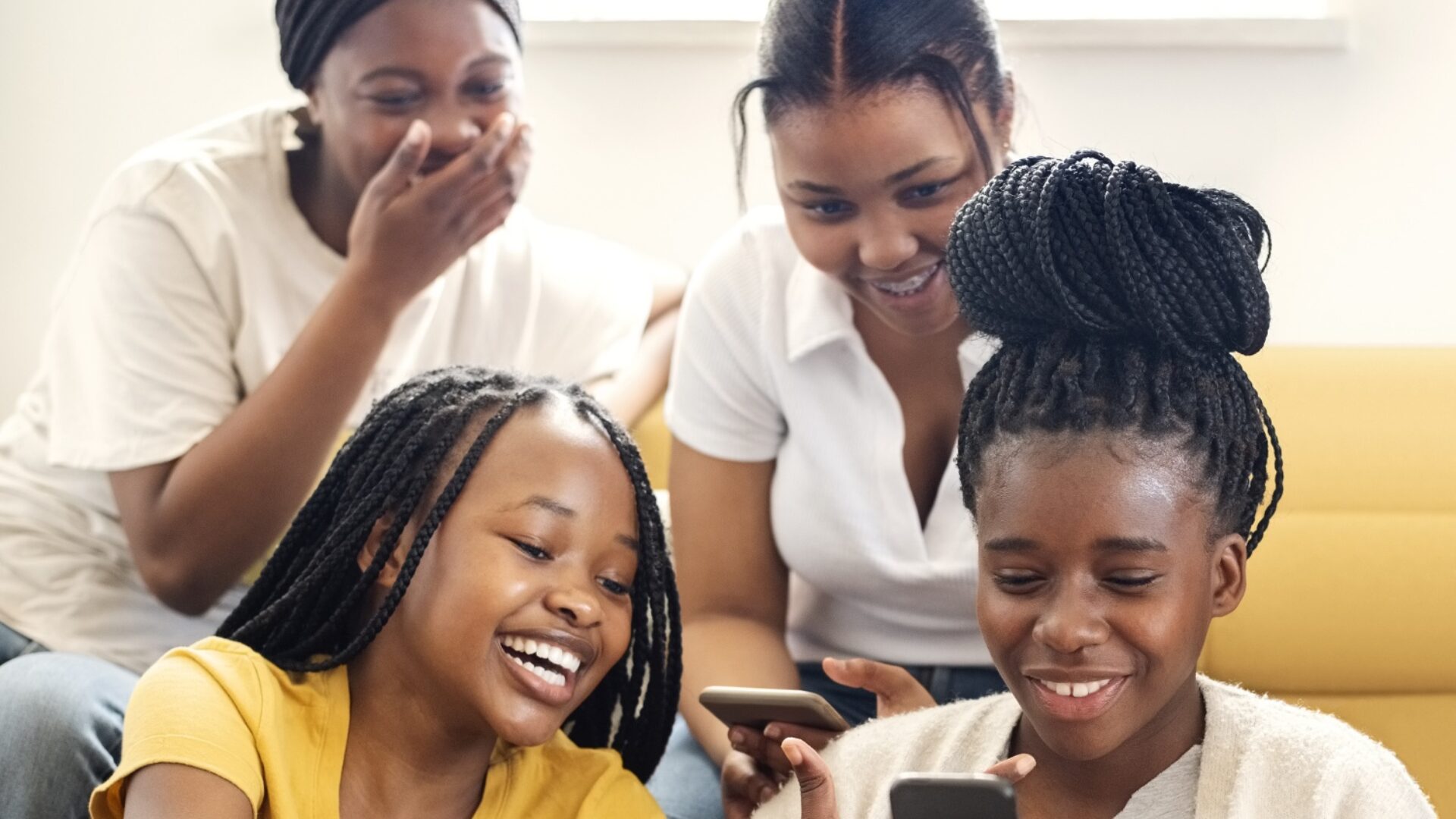
Growing up in the era of Y2K, the access to media was extremely linear for Black girlhood. From magazines showcasing the glamour of our favorite celebrities to shows like 106 & Park premiering a new music video to inspire for the next hairstyle or makeup look. Don’t get it confused; these moments were not cookie-cutter or picture-perfect by any means. However, Black girls are now exposed to a more complex way of navigating their identity, with social media rising throughout the years.
Zillennials and Gen Alpha are now in a space where the lines are blurred due to social media. With many conversations surrounding tween and teen culture, outside commentators need to analyze the contribution social media makes to the development of the next generation. From tweens taking over Sephora to the overflow of social commentary, young Black girls have more options on social media to find out who they want to be.
In an age when online platforms are becoming a sanctuary for expression and a battleground for identity, Black girls encounter unique challenges and opportunities. In a study conducted by McKinsey Health Institute, More than 75 percent of respondents in all age groups said they use and check social media sites for at least ten minutes daily. Amidst the extensive expanse of the internet, Black girls also grapple with the prevalent presence of racism, misogyny, and other forms of discrimination.
Read ‘Ask GU: Navigating Changes In Your 20s’
According to a study, Brandeis Marshall proposes the concept of “algorithmic misogynoir,” building off of Moya Bailey‘s “misogynoir,” to describe the double standards associated with content moderation where Black women are more likely to be banned or moderated for “hate speech.” In contrast, users who spread hate speech may have their content kept up.
Young girls across the cyber spectrum are getting a front-row seat to how their voices and stories are handled and have tremendous pressure. Navigating identity in this context involves asserting one’s authenticity by confronting and dismantling the systemic barriers that seek to diminish one’s worth and agency.
Zillennials like Aliyah Bah, also known as Aliyah’s Interlude online, continues to break the mold for new-age creators in a space where Black girls are constantly scrutinized. “Regardless of what you do or say, you’re going to get judged,” Bah says at the 2023 GU Disruptor Summit. “Therefore, you might as well do what you want to do.”
The digital era has reshaped notions of identity and community, offering Black girls opportunities to connect with like-minded individuals and cultivate supportive networks. These spaces become catalysts for empowerment, enabling Black girls to reclaim their narratives, challenge dominant narratives, and forge new paths for self-expression and representation.
Black girls often find themselves navigating a shaky balance between authenticity and performance, grappling with the pressure to conform to mainstream standards of beauty, behavior, and success. The accumulation of curated images and narratives on social media heightens feelings of inadequacy and self-doubt, leading to a disconnection from one’s true identity.
By amplifying their voices, embracing their complexities, and advocating for systemic change, Black girls can carve out spaces where their identities are celebrated, affirmed, and valued in all their richness and diversity.
About the Author: Kenyatta Victoria is the lead writer for Essence GU, working on all things pop culture, politics, entertainment and business. Throughout her time at GU, she’s garnered devoted readers and specializes in the Zillennial point of view.